Mumbai, (15 June 2024) – In the modern world, where a single human head is burdened with endless responsibilities and pressures—from academic pursuits to office tasks, creativity, and memory retention—the need for a solution has become paramount. Enter the 'Second Brain,' a revolutionary virtual assistant designed to alleviate the cognitive load.
Technicians have devised this innovative solution to help manage the myriad of details that crowd our minds daily. Unlike conventional methods, this 'second brain' is not a physical chip or implant but a sophisticated digital document capable of storing and recalling information with remarkable efficiency.
Birthdays, phone numbers, anniversaries, medication schedules, shopping lists, passwords, and work tasks—these are just a few examples of the overwhelming amount of information that people are expected to remember. Studies indicate that an average person forgets 30 to 50 pieces of information daily. Even individuals with exceptionally high IQs, such as Einstein, experience some memory loss, although to a lesser extent. Essential details like phone numbers, passwords, personal moments, employee IDs, and bank details can quickly fade from memory.
This is where the second brain offers a significant advantage. Described by technicians as a cloud-based data storage system, the second brain operates through an app that users can download to their devices. Once installed, the app enables the storage of various images and data, effectively serving as an auxiliary memory system. The service costs start from 600 rupees per month.
Users can choose from several apps that offer second brain functionalities, such as Notion, Evernote, OneNote, and Obsidian. All these apps store data in the cloud, providing easy access and retrieval. Unlike typical digital devices, the second brain is designed to mimic human memory, retaining data in a manner that feels natural and intuitive.
The concept of the second brain is not entirely new. Experiments began as early as 2008, with scientists proposing that the brain's primary function is to generate new ideas, rather than merely store information. The second brain serves as a complementary mechanism for memory retention, allowing the human brain to focus on creativity and innovation.
The implementation of the second brain represents a significant leap in digital technology and personal productivity. As app companies tout its capabilities, users can look forward to a future where the cognitive load is significantly lightened, enabling them to concentrate on thinking, creating, and innovating without the constant pressure of remembering every detail.
The second brain is poised to become an indispensable tool for those seeking to enhance their memory capacity and streamline their mental workload, offering an unlimited opportunity for cognitive relief and efficiency.



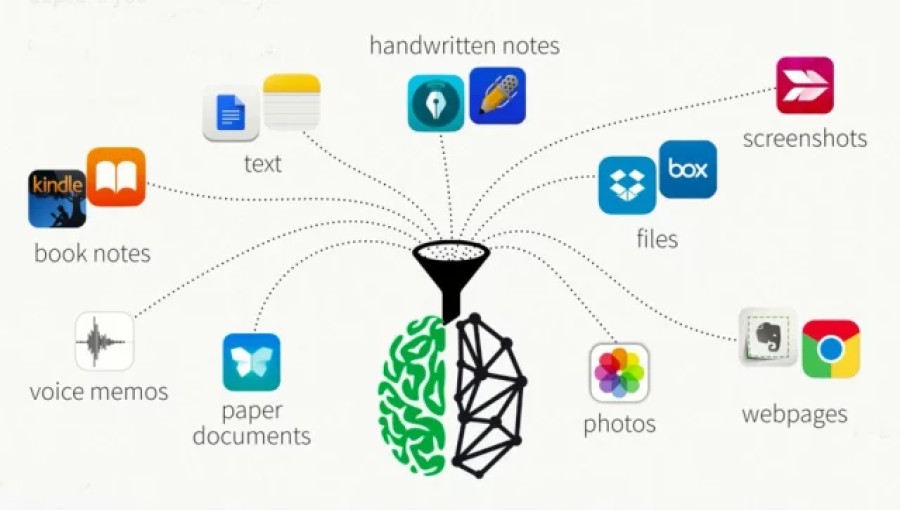




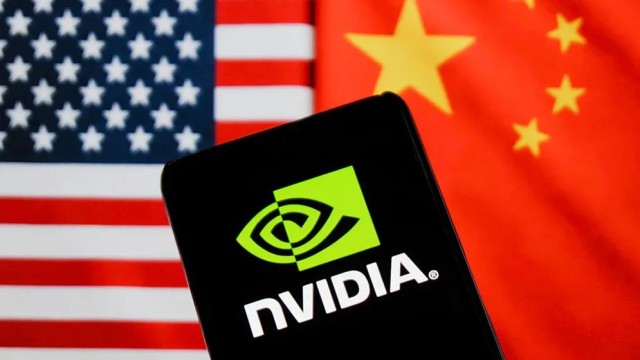
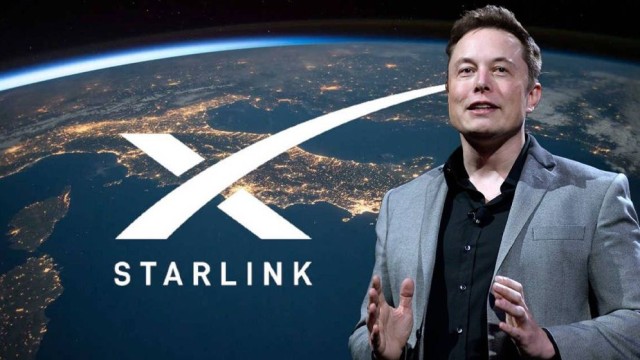




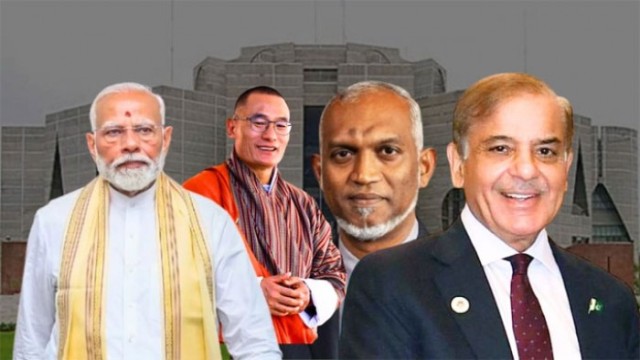
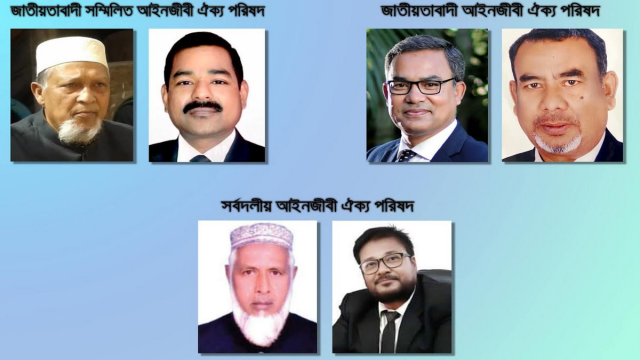















Comment: